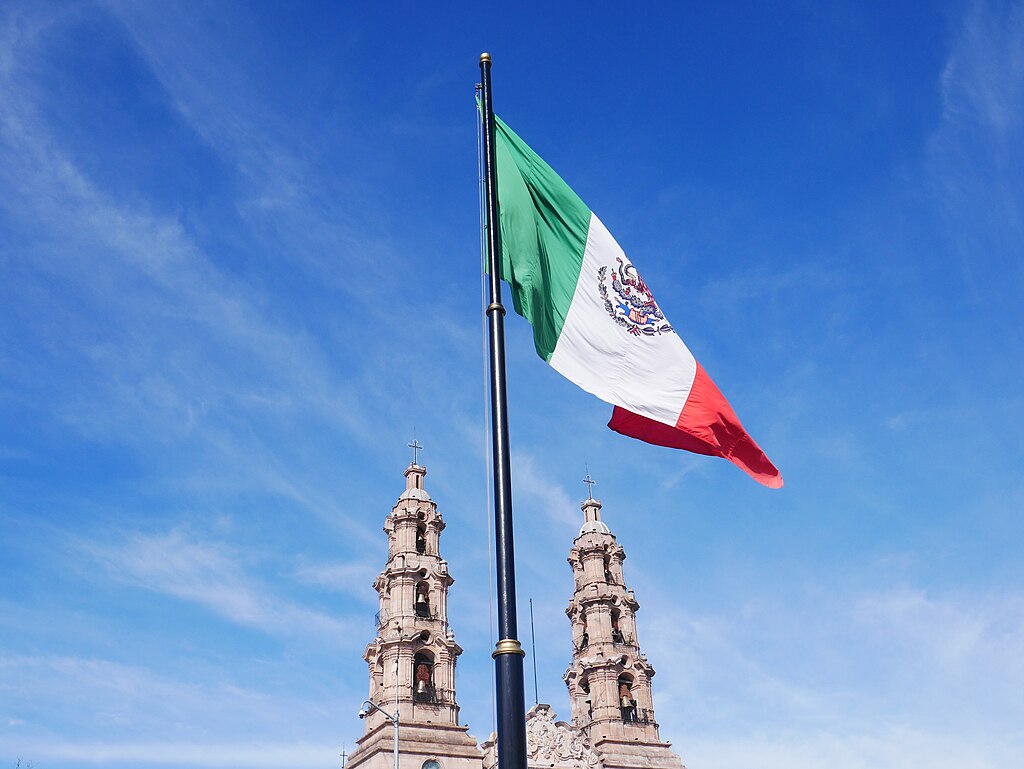Why Michael Barr's Resignation Matters Now
Explore the profound implications of the Federal Reserve's top banking regulator's resignation and how this move preempts changes in US financial oversight.
Published January 07, 2025 - 00:01am

Image recovered from marketbeat.com
The impending resignation of Michael Barr, the Federal Reserve's vice chair of supervision, has stirred considerable attention amongst financial and political circles. As Barr steps down on February 28, amidst the political transition to a Trump administration, questions loom over the future direction of the U.S. banking regulations.
Barr's tenure has been marked by efforts to enforce stringent regulations on the nation's largest banking institutions, primarily to enhance financial stability and safeguard against potential systemic risks. His proposed rules demanded substantial augmentation of financial reserves set aside by banks, actions which have attracted strong opposition from major financial entities like JPMorgan Chase.
Facing mounting pressure from Republicans disinclined towards heightened regulation, Barr's departure strategically sidesteps a direct confrontation with the incoming administration. Despite his resignation from the vice chair position, Barr continues to serve as a member of the board of governors, ensuring his influence remains, albeit in a diminished capacity.
With the Trump administration keen on deregulating the financial landscape, Barr's resignation opens the door for the president to appoint a successor aligned with a more lenient regulatory stance. The anticipated shift could potentially rewire the Fed's approach, steering away from the regulatory intensifications of recent years aimed at upholding Basel III standards, an extensive suite of international banking reforms initiated after the 2008 financial upheavals.
The potential policy recalibration under Trump could also extend to significant financial entities such as the Consumer Financial Protection Bureau and the Federal Deposit Insurance Corporation, which have previously come under Republican scrutiny. The possible dilution of regulatory frameworks underscores a broader ideological divergence over the balance between financial oversight and market freedom, with Republicans advocating for minimized government intervention engendering economic expansion.
Barr's decision reflects a calculated maneuver to preserve the Federal Reserve's focus on its core mission, preventing distractions from escalating tensions. His acknowledgment of potential disputes over his role mirrors the challenges faced in navigating the intersection between independent financial regulation and political dynamics.
Despite Barr's departure, the underlying issues addressed during his incumbency remain pertinent. Ongoing discussions surrounding bank-FinTech partnerships, cybersecurity imperatives, and capital adequacy requirements continue to demand attention, pointing to the complex and evolving nature of financial regulation.
As the Federal Reserve transitions leadership in its supervisory role, the financial community awaits forthcoming developments under the Trump administration's promise of an unprecedented regulatory rollback. The outcome could significantly impact the trajectory of U.S. banking, influencing both domestic and global financial systems.







